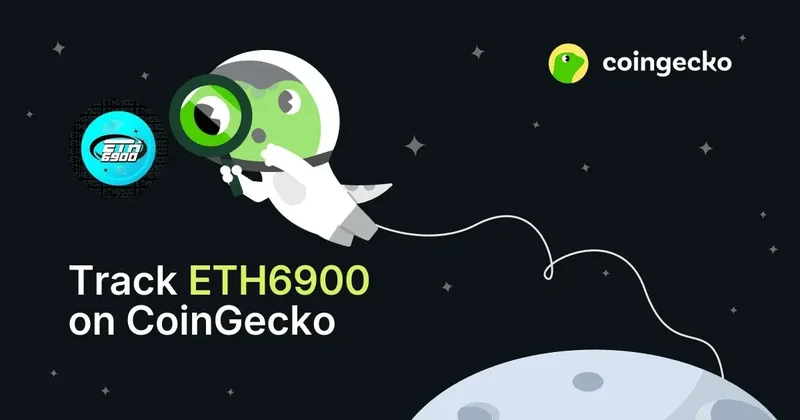Article Directory
The Great Meme Coin Offload
Vitalik Buterin, co-founder of Ethereum, has been on something of a meme coin selling spree. Recent data shows he offloaded a variety of these tokens for a total of 257.1 ETH (around $636,000). The specific coins included MSTR, POPCAT, ITO, ETH6900, SATO, and MILO. (The ticker symbols alone should tell you everything you need to know). This isn't a new phenomenon; he previously sold MOODENG for 308.7 ETH. The guy's got a policy, apparently, of dumping these unsolicited tokens.
The stated reason for this ongoing fire sale? Buterin claims it aligns with his policy of selling or donating unsolicited tokens sent to his wallet. It's a noble enough reason, I suppose. A digital decluttering, if you will. But let's not pretend this doesn't have implications beyond just tidying up his crypto portfolio. It's a bit like a central bank suddenly deciding to liquidate its holdings—only on a much smaller, meme-ier scale.
The data from Lookonchain lays it out pretty clearly: 330,000 MSTR went for 114.1 ETH ($282,000), 14 million POPCAT for 74.99 ETH ($186,000), and so on. It's all there, in black and white (or, more accurately, green and red on a crypto exchange). Now, here’s the part of the report that raises an eyebrow: the timing. Buterin's actions come amidst growing concerns about the risks associated with meme coins, which are, let’s be honest, often thinly veiled pump-and-dump schemes. Vitalik Buterin Sells Meme Tokens for 257 ETH confirms the details of this recent sell-off.
The market's reaction has been, predictably, mixed. Some applaud Buterin for taking a stand against what they see as a toxic element in the crypto ecosystem. Others cry foul, accusing him of market manipulation. After all, when someone with Buterin's influence sells off a large chunk of a relatively illiquid asset, it's bound to impact the price. Rug Muncher, a crypto personality, pointed to the price spike in EBULL after Buterin acknowledged it.

Unintended Consequences and Market Sentiment
It's a tricky situation. On one hand, Buterin is arguably doing the responsible thing by not implicitly endorsing these projects simply by holding their tokens. On the other hand, his actions are endorsements, just in the opposite direction. By publicly selling, he’s signaling a lack of confidence, which can trigger a sell-off and hurt smaller investors.
And this is where the question of intent comes in. Is Buterin genuinely trying to clean up the crypto space, or is he simply cashing in on free money while simultaneously distancing himself from the meme coin frenzy? It’s impossible to know for sure, but the numbers offer some clues. He could donate it all instead, which would be consistent with his past actions.
There's also the issue of "unsolicited tokens." While it's true that Buterin didn't ask for these coins, his subsequent actions—namely, selling them for ETH—suggest a certain level of acceptance, or at least a willingness to profit from them. It's a bit like finding a winning lottery ticket on the street: you didn't buy it, but you're certainly not going to throw it away.
This raises a broader question about the role of prominent figures in the crypto world. Should they be held to a higher standard of responsibility when it comes to meme coins and other speculative assets? Is it fair to expect them to actively discourage their followers from investing in these projects, even if they themselves have no financial stake in the outcome?
So, What's the Real Story?
Buterin's meme coin purge isn't just a story about one guy selling some tokens. It's a microcosm of the larger tensions within the crypto world: the clash between innovation and speculation, between decentralization and responsibility, and between the promise of a new financial system and the reality of market manipulation. The numbers tell a story of a calculated move, but the narrative is far more complex. Whether it's a smart move or market manipulation, the line is blurry, and the consequences are real.
